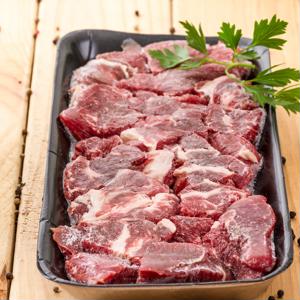A longstanding debate over labeling requirements for beef and pork has begun heating up following a legislative move from several farming coalitions in Montana. According to a report from Montana Public Radio, The Northern Plains Resource Council has partnered with the Montana Farmers Union and the Montana Cattlemen’s Association to lobby Congress to reinstate a country-of-origin labeling rule that was rescinded in 2015.
Country of Origin Labeling (COOL) is a consumer labeling law that has seen many iterations since it was first proposed within the Agricultural Marketing Act of 1946. The law requires retailers to label certain foods – referred to as “covered commodities” – with their country of origin in an effort to improve agricultural transparency.
Ranchers Speak Out
While many of the law’s specific provisions hold firm to this day, Congress repealed the requirement that forces retailers to label where their beef and pork products were born, raised and slaughtered. Many grocery stores and supermarkets are allowed to label their beef “made in the USA” regardless of its country of origin, so long as it was processed within the country.
“From a livestock producer’s point of view, it’s pretty clear that these imports are being used to strategically undermine our market,” said Gilles Stockton, a rancher from central Montana. “So, our hope with Country of Origin Labeling is that consumers might pay attention and might prefer beef born and raised in the United States.”
Montana beef already has a difficult time making it onto the shelves of larger grocery stores due to a lack of large-scale livestock processing facilities in the state. The ranchers hope the reinstatement of COOL guidelines for beef and pork will help them make significant inroads to national retailers.
Next Steps
While critics argue that the labeling requirement could disrupt international trade and may lead to tariffs from U.S. trade partners, the ranchers have taken a firm stance on the side of consumer awareness. An article from The Great Falls Tribune estimated that around 20 percent of the nation’s beef is imported, most of which is not accurately labeled. Companies can take advantage of this loophole by importing meat and repacking it as a U.S.-based commodity.
Republican Senator Al Olszewski is currently drafting a bill to reintroduce the rescinded COOL guidelines and plans to present it during the next legislative session.
Make sure you’re keeping pace with changing regulations viewing our selection of label printers at Optimedia Labs’ U.S. page or visit our Canadian site.
